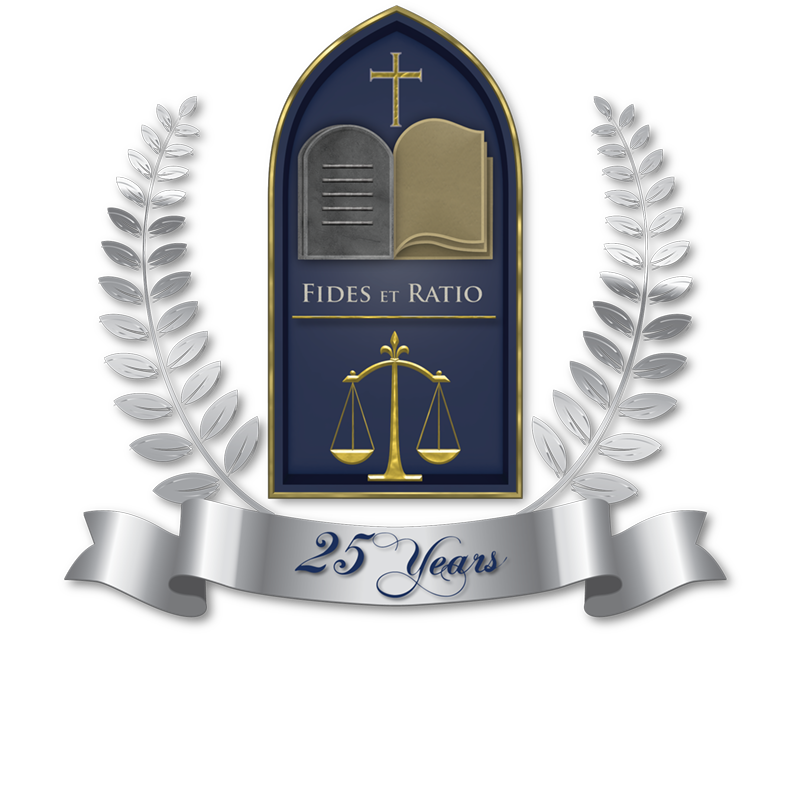DOJ's Safe Harbor: Charting a Legal Course Through M&A Misconduct

By: Anthony Thompson
Smith Business Law Fellow
J.D. Candidate, Class of 2025
The Department of Justice (DOJ) has introduced a fresh Safe Harbor policy for companies involved in mergers and acquisitions (M&A) that uncover misconduct within the acquired entity. This new avenue for leniency encourages buyers to engage in thorough due diligence and promptly report any discovered wrongdoing to the proper authorities, without fear of inheriting punishment on the acquired entity’s behalf. The potential benefits under the DOJ’s new policy are substantial.
The Deputy Attorney General, Lisa O. Monaco, outlined the new criteria for voluntary self-disclosure by the acquiring company in a speech made on October 4th, 2023, emphasizing the DOJ’s objective to facilitate M&A transactions for law-abiding companies, even in instances where misconduct is uncovered during or after the due diligence process. The companies disclosing criminal misconduct within a designated Safe Harbor period, cooperating in the subsequent investigation, and offering timely remediation, restitution, and disgorgement will be presumed exempt from criminal prosecution related to the disclosed wrongdoing. Notably, the Safe Harbor period spans six months from the closing date, covering misconduct discovered both pre- and post-acquisition. Companies are granted a baseline of one year from closing to fully address any misconduct, with potential adjustments based on factors like transaction complexity or national security concerns.
The new policy shields acquiring companies from being penalized for factors already present in the acquired company, so long as the purchasing company does not foster those factors. For instance, isolated misconduct within the acquired entity won’t be attributed to the acquiring company during subsequent analyses.
This Safe Harbor initiative aligns with the DOJ’s broader strategy of expanding and innovating corporate enforcement. Although it will not impact civil merger reviews or clearance likelihoods, it does introduce uncertainties regarding its interaction with existing enforcement procedures and recent changes to merger clearance. Existing self-disclosure programs, such as the Antitrust Corporate Leniency Program and the Criminal Division’s Corporate Enforcement Policy, may undergo adjustments to accommodate the universal Safe Harbor. The potential overlaps between increased disclosure requirements from proposed changes and pre-merger notifications are yet to be explored.
However, the new policy’s effectiveness may be limited by the nature of due diligence. Available materials might not be sufficient for a comprehensive internal investigation into potential criminal conduct. This underscores the importance of engaging antitrust counsel and conducting thorough pre- and post-acquisition diligence to meet the tight timelines and disclosure expectations outlined in the Safe Harbor policy.
Lisa Monaco, Deputy attorney general Lisa O. Monaco announces New Safe Harbor Policy for voluntary self-disclosures made in connection with mergers and acquisitions Justice.gov (2023), https://www.justice.gov/opa/speech/deputy-attorney-general-lisa-o-monaco-announces-new-safe-harbor-policy-voluntary-self.




